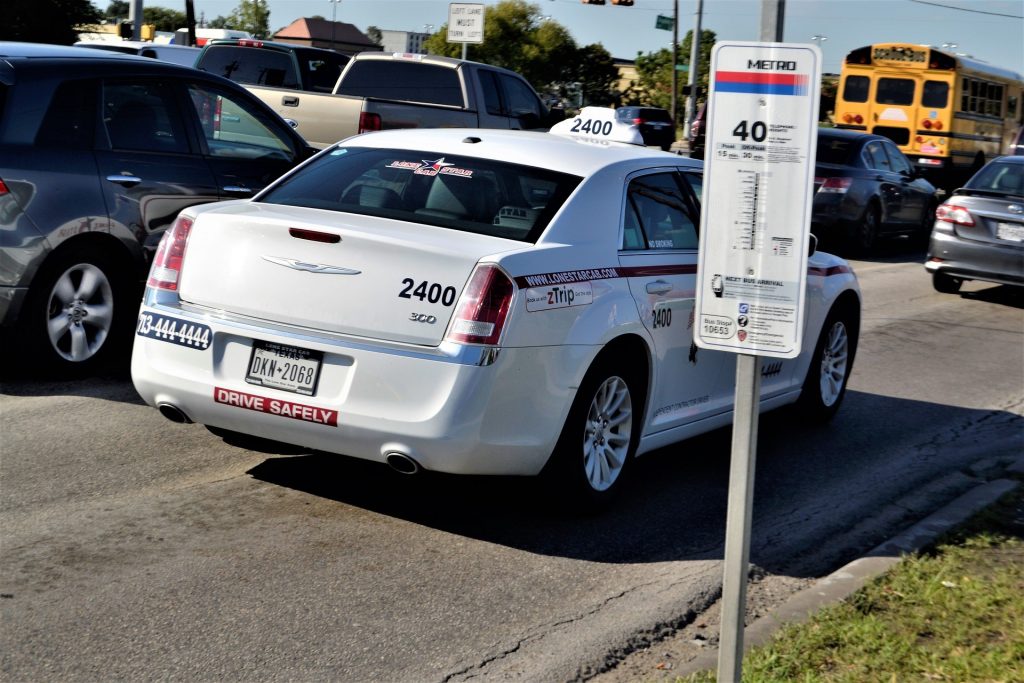 When an unexpected accident occurs, it can be difficult to pinpoint exactly who is responsible for the injury. In the absence of direct evidence of a violation of a duty, the existence of multiple possible parties who might be responsible can preclude recovery.
When an unexpected accident occurs, it can be difficult to pinpoint exactly who is responsible for the injury. In the absence of direct evidence of a violation of a duty, the existence of multiple possible parties who might be responsible can preclude recovery.
Mr. Baraki Tsegaye (the Plaintiff) filed a lawsuit against the City of New Orleans and Royal Engineers & Consultants, LLC (the Defendants) for negligence because of an injury suffered by the Plaintiff. When Plaintiff was outside the W Hotel on Poydras Street, New Orleans, a light pole owned by the City of New Orleans fell on him, thereby resulting in grievous injuries to his arm and other limbs. In response, the defendant Royal Engineers & Consultants, LLC filed a motion for summary judgement to dismiss the case against him on the basis that the alleged negligence was not directly caused by the Defendant. The Plaintiff urged the Civil District Court, Orleans Parish (the trial court) to dismiss the motion for summary judgment filed by the Defendants to the original petition applying the principle of res ipsa loquitor.
What then is the doctrine of res ipsa loquitor? It simply is a Latin phrase referring to circumstantial evidence that the negligence of the Defendant is the probable cause of the injury suffered by the Plaintiff in the absence of other evidences to the contrary in the case. See Montgomery v. Opelousas Gen Hospital, 540 So. 2d 312, 319 (La. 1989). The trial court refused to consider the doctrine of res ipsa loquitor and granted a partial summary judgement in favor of Royal Engineers & Consultants, LLC.
 Louisiana Personal Injury Lawyer Blog
Louisiana Personal Injury Lawyer Blog


 The doctrine of peremption can prevent someone from bringing legal action against someone should that action be brought after a certain amount of time. Peremption is a period of time fixed by law for the existence of a right.
The doctrine of peremption can prevent someone from bringing legal action against someone should that action be brought after a certain amount of time. Peremption is a period of time fixed by law for the existence of a right. Can a store, like Lowe’s or Home Depot, be held liable for injuries resulting from the sale of the wrong part or product? In Ms. Johnson’s case, the answer was no. Sharon Johnson’s lawn mower needed a new spark plug, so she went to the Lowe’s in Shreveport to find one. Because Ms. Johnson was unsure about the type of spark plug she needed, she asked a sales associate to help her. The sales associate researched the spark plug that she needed, she purchased it, and returned home to install the part.
Can a store, like Lowe’s or Home Depot, be held liable for injuries resulting from the sale of the wrong part or product? In Ms. Johnson’s case, the answer was no. Sharon Johnson’s lawn mower needed a new spark plug, so she went to the Lowe’s in Shreveport to find one. Because Ms. Johnson was unsure about the type of spark plug she needed, she asked a sales associate to help her. The sales associate researched the spark plug that she needed, she purchased it, and returned home to install the part. Trials are decided solely upon the evidence presented. A judge cannot read a book on the subject, or do extraneous research on the internet, to aid her decision-making process. In this case, the Defendant claimed that the judge did just that, by calling a city official to confirm some data. The appellate court thought otherwise. So, what do you do when you feel as if the Judge made a decision unfairly?
Trials are decided solely upon the evidence presented. A judge cannot read a book on the subject, or do extraneous research on the internet, to aid her decision-making process. In this case, the Defendant claimed that the judge did just that, by calling a city official to confirm some data. The appellate court thought otherwise. So, what do you do when you feel as if the Judge made a decision unfairly? Ms. Sayre was a guest at the L’Auberge Casino Resort in Lake Charles when she tripped and fell while walking in front of the hotel restaurant. Based on the video footage of the accident, there were witnesses to the slip and fall; however, the hotel failed to document anything or take statements from any of the witnesses. Ms. Sayre reported a sticky substance on the floor, and subsequently suffered injuries to her knee, hand, neck, and abdomen. Later, Ms. Sayre learned she also had three fractured ribs and a full rotator cuff tear that would require surgery. So, what happens if you slip and fall in a restaurant?
Ms. Sayre was a guest at the L’Auberge Casino Resort in Lake Charles when she tripped and fell while walking in front of the hotel restaurant. Based on the video footage of the accident, there were witnesses to the slip and fall; however, the hotel failed to document anything or take statements from any of the witnesses. Ms. Sayre reported a sticky substance on the floor, and subsequently suffered injuries to her knee, hand, neck, and abdomen. Later, Ms. Sayre learned she also had three fractured ribs and a full rotator cuff tear that would require surgery. So, what happens if you slip and fall in a restaurant? Workers’ compensation exists to aid employees who suffer injuries while on the job. However, companies can sometimes be uncooperative after their employees become injured by dodging responsibility and avoiding making payments. Despite these difficulties, a case backed by strong evidence can help injured employees receive the compensation they deserve. How can you get the workers compensation you deserve when your employer is avoiding payment?
Workers’ compensation exists to aid employees who suffer injuries while on the job. However, companies can sometimes be uncooperative after their employees become injured by dodging responsibility and avoiding making payments. Despite these difficulties, a case backed by strong evidence can help injured employees receive the compensation they deserve. How can you get the workers compensation you deserve when your employer is avoiding payment? If injured on someone else’s property, it is important to know what has to be proven in order for a legal case to go forward. If the injury occurs from a defective structure, then the owner of the premise must have constructive knowledge of the defectiveness. The factors a court evaluates when the defective structure is on public property differ from those of a private owner. So, what happens if you are injured on someone else’s property?
If injured on someone else’s property, it is important to know what has to be proven in order for a legal case to go forward. If the injury occurs from a defective structure, then the owner of the premise must have constructive knowledge of the defectiveness. The factors a court evaluates when the defective structure is on public property differ from those of a private owner. So, what happens if you are injured on someone else’s property? Have you ever been tempted to take a sick day, just because you need a break? Have you ever called in or left early because you are feeling under the weather and you would not be able to forgive yourself if you exposed the entire office to the bug you caught? Although many employees may stretch the truth on sick days sometimes, there are occasions where it becomes irresponsible and unprofessional. One Louisiana man attempted to test the boundaries of worker compensation when he requested medical payments for his sickness. So, how can you determine if someone is faking symptoms in a workers compensation case?
Have you ever been tempted to take a sick day, just because you need a break? Have you ever called in or left early because you are feeling under the weather and you would not be able to forgive yourself if you exposed the entire office to the bug you caught? Although many employees may stretch the truth on sick days sometimes, there are occasions where it becomes irresponsible and unprofessional. One Louisiana man attempted to test the boundaries of worker compensation when he requested medical payments for his sickness. So, how can you determine if someone is faking symptoms in a workers compensation case?  In order for a court to assess a fair amount of money to be paid for one’s injuries, it is necessary for the injured party to present sufficient evidence to justify that amount. Without sufficient evidence, it is entirely possible for a court to award an incorrect amount of money to the injured party. A trial court is generally allowed a certain amount of discretion (or freedom) to make a proper judgment. It must, however, come to a reasonable conclusion. An appellate court may alter the award if the judgment is incorrect based on the evidence provided. In 2016, the First Circuit Court of Appeal decided to do just that in a case that involves lost wages over an inability to audition for new jobs.
In order for a court to assess a fair amount of money to be paid for one’s injuries, it is necessary for the injured party to present sufficient evidence to justify that amount. Without sufficient evidence, it is entirely possible for a court to award an incorrect amount of money to the injured party. A trial court is generally allowed a certain amount of discretion (or freedom) to make a proper judgment. It must, however, come to a reasonable conclusion. An appellate court may alter the award if the judgment is incorrect based on the evidence provided. In 2016, the First Circuit Court of Appeal decided to do just that in a case that involves lost wages over an inability to audition for new jobs.